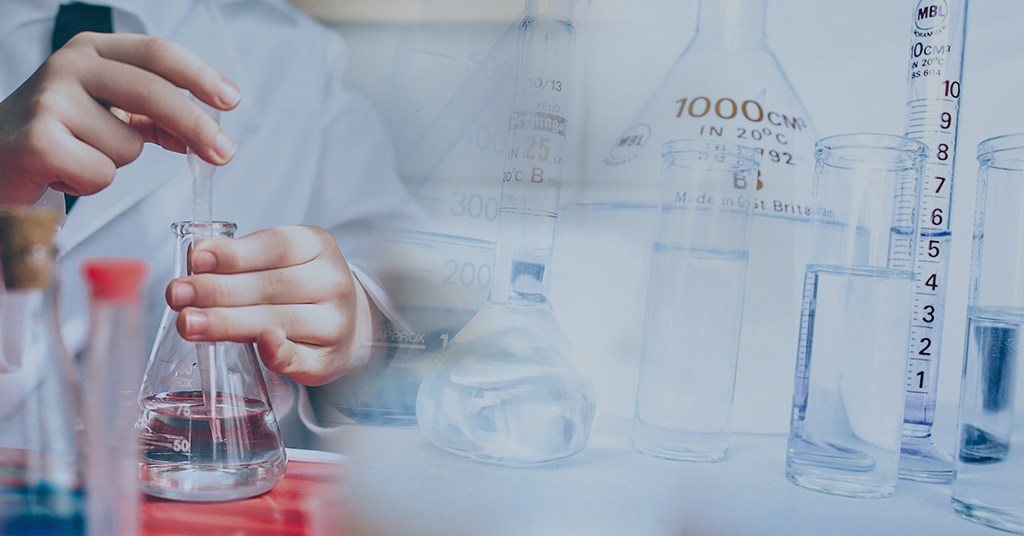Welcome To ChemAnalyst

The Department of Energy (DOE) is exploring the possibility of increasing biodiesel content in power generation facilities as part of its efforts to support nationwide carbon reduction targets. DOE Assistant Secretary Mario Marasigan announced on Wednesday that the department plans to collaborate with the National Power Corporation (NPC) to test the viability of using a 55 percent biofuel blend in 281 Small Power Utilities Group (SPUG) plants. These plants, which primarily operate on diesel, provide electricity to off-grid islands and remote communities. According to Marasigan, adopting a 55 percent biofuel blend would effectively convert a diesel engine into a biodiesel engine, akin to the functioning of a biomass power plant.
Marasigan emphasized that the proposal is still in its early stages and that the DOE is also considering the potential involvement of privately owned diesel-fired power plants in these tests. While the primary goal is to reduce carbon emissions, this initiative could also help lessen the country’s reliance on imported fuel, which may lead to lower fuel costs.
The DOE's current guidelines call for a gradual increase in the coco methyl ester (CME) blend in diesel fuel. Starting in October, the CME content will rise to 3 percent, with a target of reaching 5 percent by 2026. Additionally, gasoline retailers have the option to voluntarily increase the ethanol content in gasoline from the current 10 percent to 20 percent.
Diesel-fired power plants remain a significant part of the country’s energy mix. By the end of 2023, diesel-fired, hybrid diesel-fired, and bunker-diesel-fired plants contributed a total of 2,744 megawatts to the national power capacity, accounting for 9.6 percent of the overall energy mix. Transitioning these facilities to biodiesel could play a crucial role in achieving the DOE’s goals of reducing carbon emissions and fostering energy independence.
This move is part of a broader national effort to adopt cleaner energy sources while ensuring the stability of power generation, particularly in isolated areas. If successful, the tests could set a precedent for the increased use of biodiesel in other power generation facilities, helping the country move closer to its sustainability targets.
The Department of Energy has one of the most diverse and storied histories within the Federal Government. Despite being established in 1977, its origins can be traced back to the Manhattan Project during World War II, which developed the atomic bomb. Additionally, the Department inherited numerous energy-related initiatives that were previously spread across various Federal agencies.
We use cookies to deliver the best possible experience on our website. To learn more, visit our Privacy Policy. By continuing to use this site or by closing this box, you consent to our use of cookies. More info.
